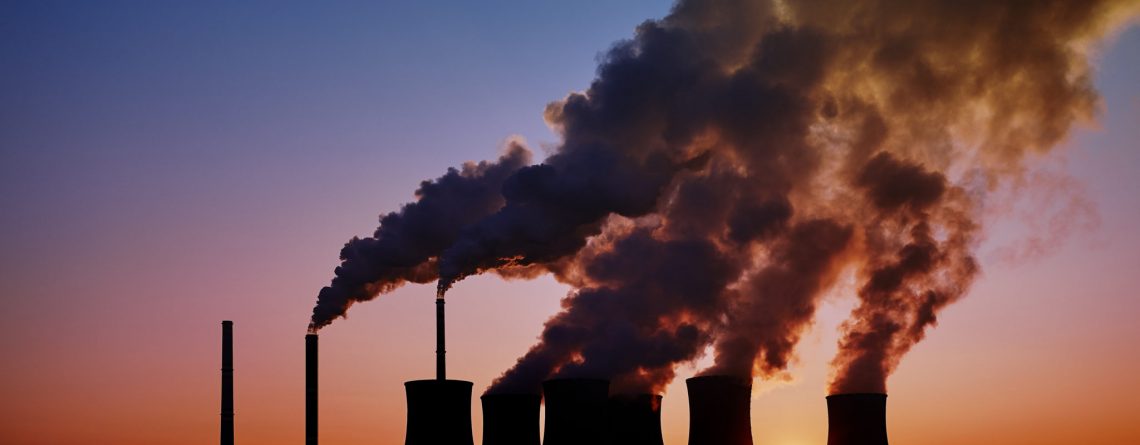Canada. Ontario students push teachers to pressure pension fund to divest from fossil fuels
An environmental coalition is appealing to Ontario teachers to pressure their pension fund to divest from companies that develop or transport fossil fuel products.
In a four minute YouTube video, a group of students from across Ontario read a letter to their teachers, asking them to push the Ontario Teachers’ Pension Plan to stop investing their retirement savings in oil, gas, coal, and pipeline companies.
The coalition — which consists of activist groups Shift Action for Pension Wealth and Planet Health, Fridays for Future Toronto and a group of working and retired Ontario teachers — demands that Teachers’ halt all new investments in oil and gas and phase out current investments the industry by 2025, set targets for increased investments in profitable climate solutions; and invest in infrastructure and companies that help build a zero-carbon economy.
In the video, Grade 11 student Aliya Hirji urges teachers to “step up and take action now” and “stop investing your money in climate failure.”
A Teachers’ spokesman said in an email that climate change is a top priority for the organization and that its work on the subject is ongoing and vital to the sustainability of the pension plan.
The video is similar to one released by a U.S. environmental group in late 2019. In that campaign, residents of Boulder, Colo., asked Canadians to pressure CPP Investments, which manages billions of dollars for the Canada Pension Plan, to stop investing in Crestone Peak Resources, which they accused of polluting their air and water.
The campaign comes amid growing pressure on pension funds and other institutional investors to divest from fossil fuels and allocate funds into low or zero carbon energy products. In early 2020, Norges Bank Investment Management, which manages Norway’s sovereign wealth fund, announced it would stop investing in Calgary-based Canadian Natural Resources Ltd., Cenovus Energy Inc., Suncor Energy Inc. and Imperial Oil Ltd. after concluding they produce unacceptable levels of greenhouse gas emissions.
Read More @Ca Finance Yahoo











